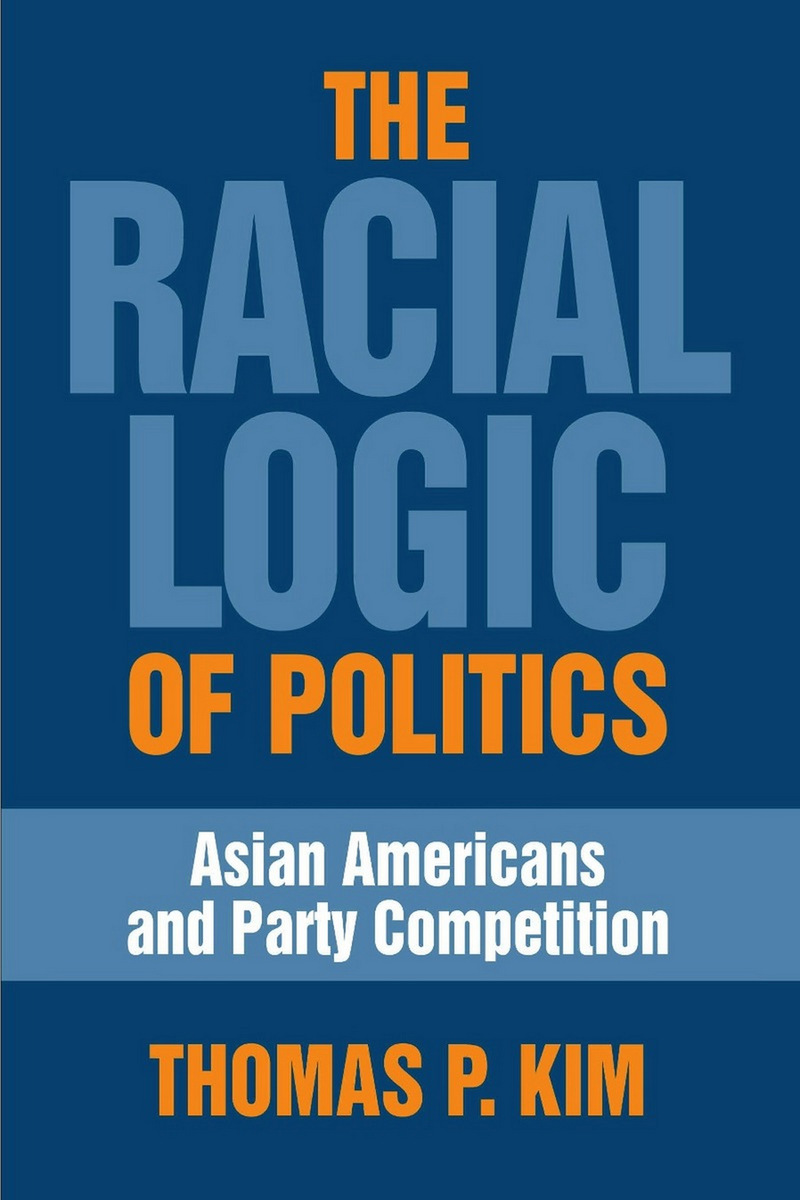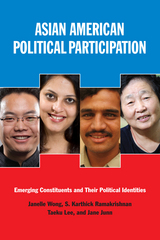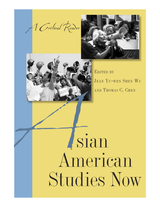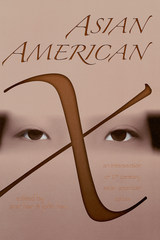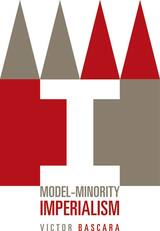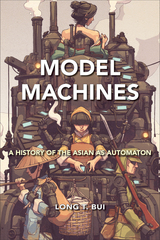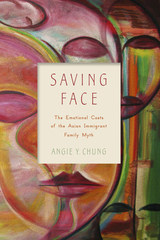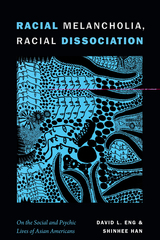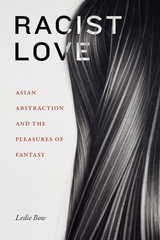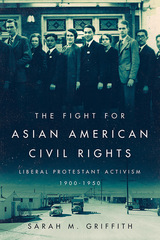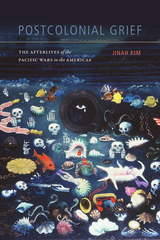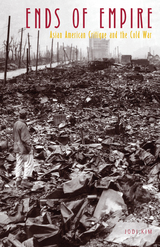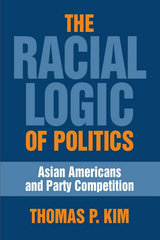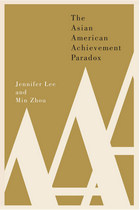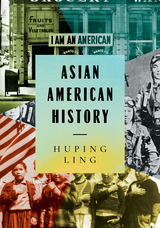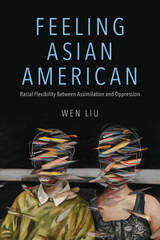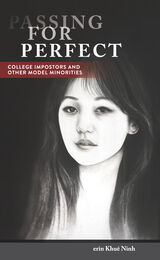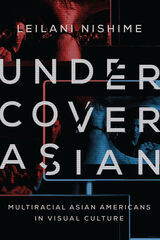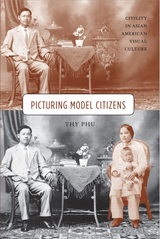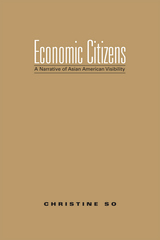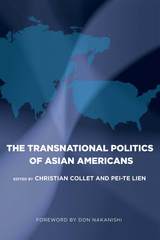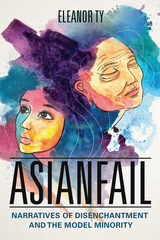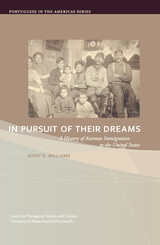The Racial Logic of Politics: Asian Americans and Party Competition
Temple University Press, 2006
Paper: 978-1-59213-549-3 | Cloth: 978-1-59213-548-6 | eISBN: 978-1-59213-550-9
Library of Congress Classification E184.A75K56 2007
Dewey Decimal Classification 324.08995073
Paper: 978-1-59213-549-3 | Cloth: 978-1-59213-548-6 | eISBN: 978-1-59213-550-9
Library of Congress Classification E184.A75K56 2007
Dewey Decimal Classification 324.08995073
ABOUT THIS BOOK | AUTHOR BIOGRAPHY | REVIEWS | TOC | REQUEST ACCESSIBLE FILE
ABOUT THIS BOOK
As he systemically studies the barriers that Asian Americans face in the electoral and legislative processes, Thomas Kim shows how racism is embedded in America's two-party political system.Here Kim examines the institutional barriers that Asian Americans face in the electoral and legislative processes. Utilizing approaches from ethnic studies and political science, including rational choice theory, he demonstrates how the political logic of two-party competition actually works against Asian American political interests. According to Kim, political party leaders recognize that Asian Americans are tagged with "ethnic markers" that label them as immutably "foreign," and as such, parties cannot afford to be too closely associated with (racialized) Asian Americans. In publicly repudiating Asian American efforts to gain political power, Kim asserts, party elites are making rational, strategic calculations.Although other commentators have blamed the diversity of the Asian American population for its lack of political success, Kim argues convincingly that race itself is the chief barrier to political participation—and it will not be overcome simply by electing or appointing more Asian Americans to political office.
See other books on: Asian Americans | Party Competition | Political participation | Political Parties | Racism
See other titles from Temple University Press
